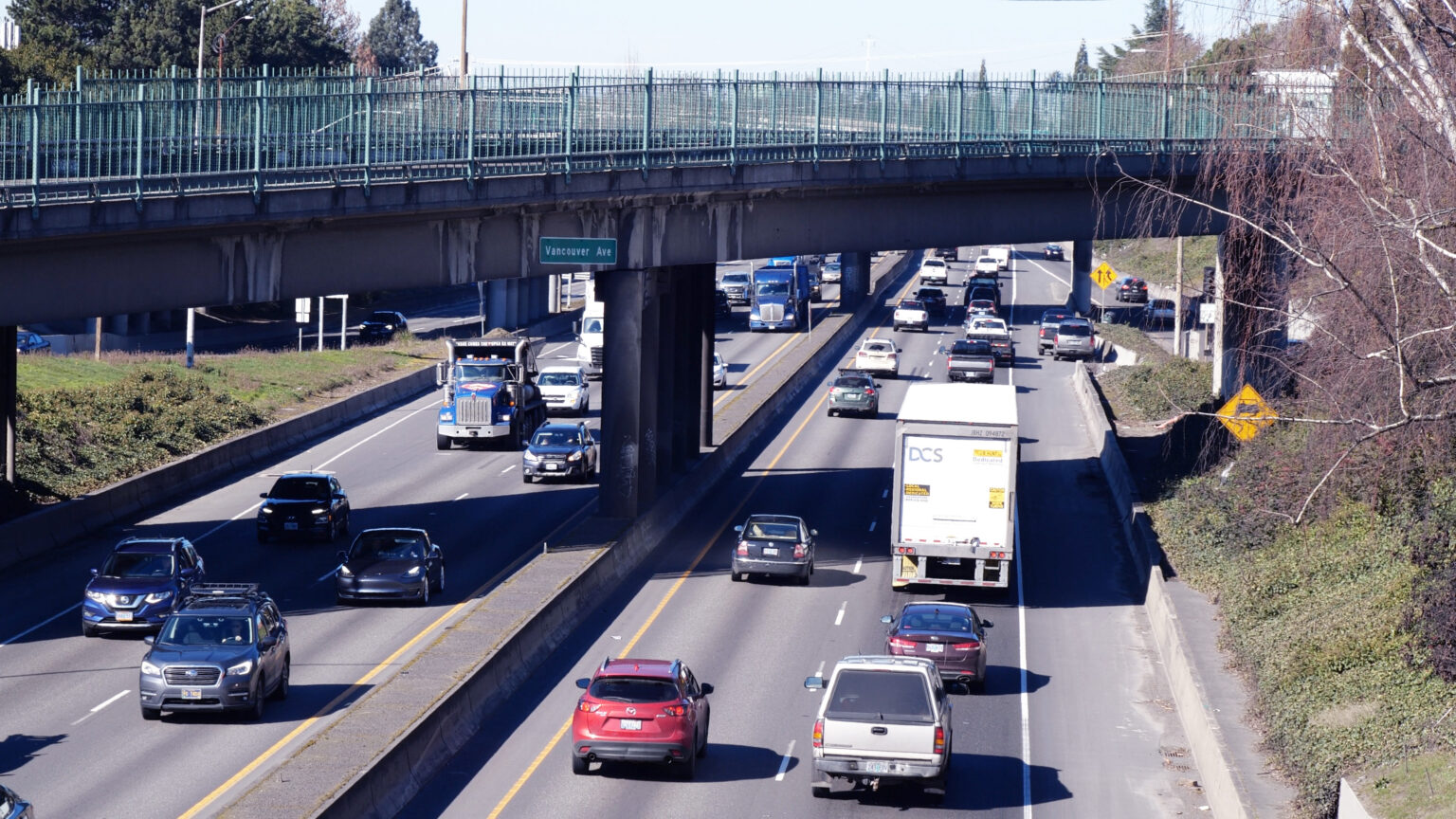Capital Chatter: Will Oregon Republicans move to the center?
Published 4:00 pm Thursday, May 23, 2024

- capital chatter logo
“I’m an Oregon Republican. I think it’s time for our party to stop denying election results and focus on winning elections instead.”
So said Reagan Knopp in a tweet this week on X, the social media platform once known as Twitter.
Seems like good advice.
Knopp was referring to the U.S. Supreme Court’s refusal to take up a case claiming Oregon’s vote-by-mail system was unconstitutional and rife with fraud. Among the plaintiffs was state Sen. Dennis Linthicum, R-Beatty, who on Tuesday handily won his party’s nomination for secretary of state, whose duties include overseeing state elections.
If you’re not familiar with Knopp, his Republican credentials – and heritage – are impeccable. He was a campaign manager, political director of Oregon Right to Life, Jackson County Republican Party chairman and Oregon Catalyst editor. Now he’s a political podcaster and chief of staff for his father, Sen. Tim Knopp of Bend, who was Senate Republican leader.
The aforementioned advice is particularly relevant today because voters on Tuesday firmly established the Republican-Democrat lineup for the Nov. 5 general election.
As political scientist Jim Moore of Pacific University noted, surprisingly few of the primary races were close. “We may have had turnout on the lower end of normal, but those voters really knew what they wanted,” Moore said.
Heading into the general election, Republicans have reasons for hope. But they must build strong campaigns, ones that don’t rely on “Democrats have run this state too long!” or “My opponent has been in office too long!” Such assertions may be true, but they haven’t worked for Republicans in the past. Voters want – and deserve – honest, accurate details for what politicians would do if elected.
Candidates, whether for statewide office or in swing districts, must offer specifics instead of generic platitudes suitable for any state in the U.S. Local and state elections have become nationalized, but that’s not been a winning formula for Oregon Republicans.
“They have to figure out how to talk about what it’s like to be a Republican in terms of policies and alternatives, rather than Donald Trump or not Donald Trump,” Moore recently told me.
Republican Dennis Richardson successfully defined his role for voters in 2016 and defeated Democrat Brad Avakian to become secretary of state. So did Oregon’s last Republican governor, Vic Atiyeh, who won re-election in 1982 by trouncing Democratic legislator Ted Kulongoski. (Twenty years later, Kulongoski narrowly won the governorship over Republican Kevin Mannix.)
Atiyeh gave Democrats reasons to trust his leadership. Oregon was in a deep recession, and he portrayed Kulongoski as too inexperienced to steer the state. Equally important, the governor publicly picked a fight with Republican President Ronald Reagan over the economy. Atiyeh cast himself as “on our side as the timber industry was being eviscerated and everything else,” Moore said.
What will happen in 2024?
“Republicans in this state have a reason to be optimistic,” Dan Mason, the national committeeman-elect, wrote Monday in the state party newsletter. “You wouldn’t know that if you worked your way around political circles like I have for the last six months.”
Mason listed positive factors that outweighed the pervasive pessimism: Rep. Lori Chavez-DeRemer, R-5th District, has emerged as a decisive vote in Congress. Phil Knight continues investing in Republican candidates. Labor unions are endorsing Republicans in state and national races. Drug abuse, crime and homelessness have forced the Democrat-controlled Legislature and the city of Portland to retrench some policies.
“One key point to remember is that the rural/urban divide isn’t just a Democrat/Republican issue. Rural Republicans prioritize different issues than urban Republicans do,” said Mason, a Hillsboro resident.
“Our principles are the same, but our focus can be different. Some may focus on housing and free enterprise, whereas others make social and second amendment issues their priorities. Both are important, and we need to build and maintain coalitions to accomplish what democracy within a Constitutional Republic requires: appealing to the majority. Without this consensus, you don’t govern.”
In a number of races this week, Oregonians displayed a trend toward middle-of-the-road pragmatism. Voters ousted Multnomah County’s progressive district attorney, Mike Schmidt. In Salem, they ditched Mayor Chris Hoy, who was part of a failed attempt to impose a payroll tax on most workers in Salem, including legislators. In Clackamas County, voters were removing arch-conservative Tootie Smith, chair of the Board of County Commissioners
In the 5th Congressional District, Democrats nominated state Rep. Janelle Bynum over the more-liberal Jamie McLeod-Skinner, who two years ago took out centrist Congressman Kurt Schrader in the primary election.
“Democratic strategists scored a big primary victory in Oregon on Tuesday in what’s close to a must-win district in November,” according to a Politico analysis. Those strategists “convinced themselves that McLeod-Skinner’s liberal reputation was a certain loser in the swing district, and they fell in love with Bynum’s electoral track record. She defeated Chavez-DeRemer in state legislative elections in 2016 and 2018.”
If Oregon Democrats move toward the center, will Oregon Republicans?




